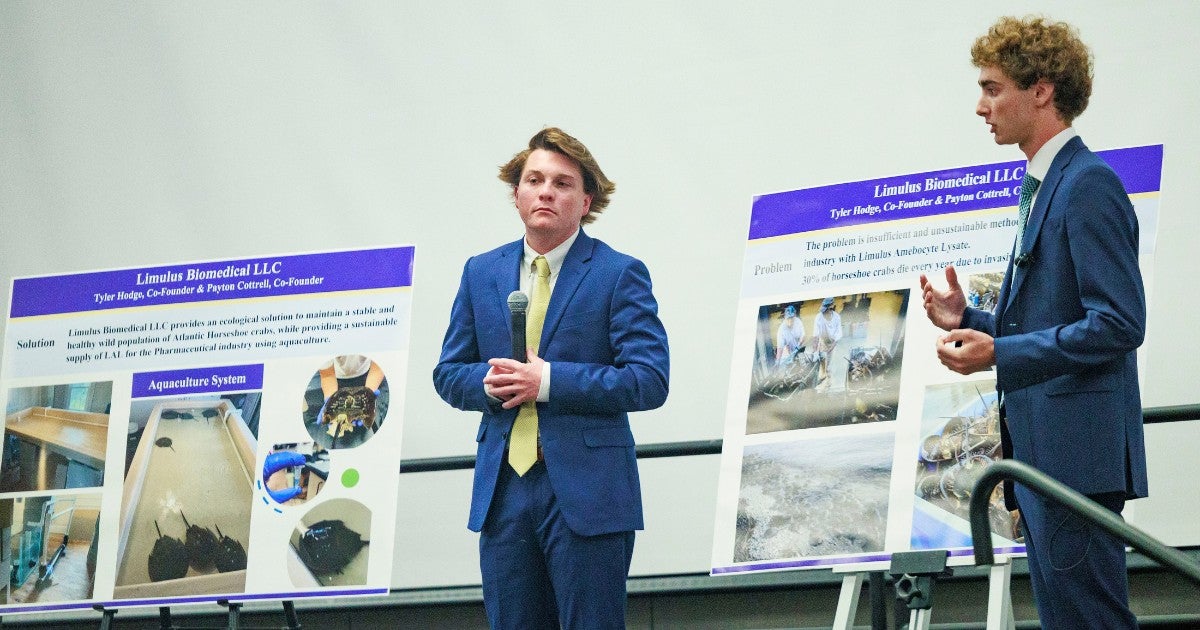Working from home has become increasingly popular in recent years, with many people seeking the flexibility and convenience that comes with remote work. However, not all work-from-home opportunities are created equal, as evidenced by a recent study from Adzuna. The job-search engine found that even coveted WFH gigs were not enticing enough for some job seekers, particularly when it came to roles like customer-support specialists or call-center representatives.
According to Adzuna’s review of open jobs in the US, certain positions were consistently overlooked by job seekers, despite the allure of remote work. Roles such as fast-food worker, trash collector, and cashier were unsurprisingly unpopular choices for remote work. However, even positions like pharmacy tech, restaurant host, or hotel front desk staff, which may seem like more desirable options, were among the hardest-to-fill jobs.
One of the reasons for the lack of interest in these roles, especially among younger workers like Gen Zers, is the desire for career growth and advancement opportunities. James Neave, head of data science at Adzuna, noted that many workers prioritize flexibility, career development, and mental health support in their job search. This shift in priorities reflects broader cultural changes in the workforce, where employees are reevaluating their relationship with work and what they expect from their employers.
While offering remote work may seem like a solution to attracting talent, it’s not always enough to entice job seekers. Adzuna found that even customer-support specialists in work-from-home roles, with an average salary of nearly $60,000, were not generating much interest from applicants. Neave suggested that companies need to be more thoughtful about what they offer employees, including opportunities for training, promotions, workplace culture, benefits, and competitive pay.
In some cases, the lack of interest in certain roles may be due to oversaturation in the job market or the nature of the work itself. High-skill positions like java developers and veterinarians, which made the least-popular rankings for remote work, may have unique challenges in attracting candidates. Neave emphasized the importance of reevaluating how these roles are defined and considering ways to make them more appealing to potential applicants.
Overall, the changing landscape of work and the evolving expectations of employees highlight the need for employers to adapt and innovate in their recruitment strategies. By offering meaningful opportunities for growth, flexibility, and fulfillment, companies can attract top talent and build a strong, engaged workforce in the remote work era.

















